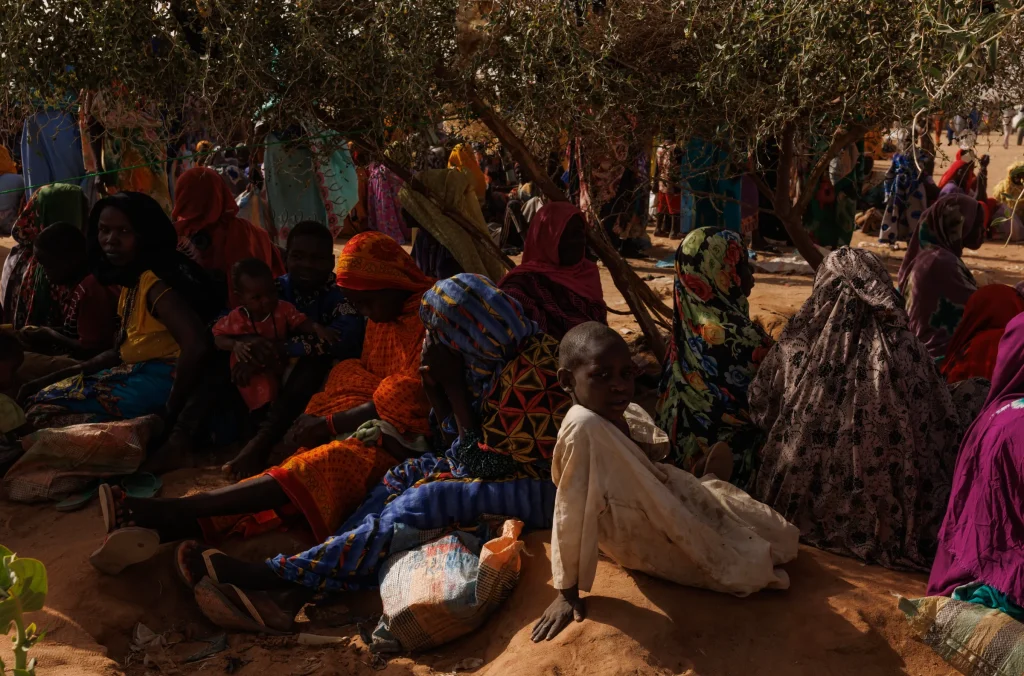News
“We’re Eating Leaves and Charcoal”: Sudan’s Forgotten Crisis Deepens

Published
1 month agoon
By
M N Ridwan
In one of the world’s most devastating humanitarian crises, Sudanese families are now eating leaves and charcoal just to survive, following a brutal attack on a displacement camp near the city of el-Fasher.
According to the Norwegian Refugee Council (NRC), the Zamzam camp, home to tens of thousands of internally displaced people, was attacked by the paramilitary Rapid Support Forces (RSF), leaving the camp in ruins and survivors fleeing for their lives.
“The stories we’ve been hearing are truly horrific,” said Noah Taylor, NRC’s head of operations.
Speaking to the BBC, he described desperate journeys through scorching heat, where many died from thirst or wounds before reaching safety.
Some of the displaced are making a 40-kilometre journey on foot to the town of Tawila. But even upon arrival, the suffering continues.
“People are dying on arrival,” Taylor said. “There’s very little food, very little water.”
In one tragic account, a young girl walked alone from el-Fasher and was repeatedly raped on the way. She later died from her injuries in Tawila.
These stories, while deeply disturbing, highlight the horrific toll the two-year civil war has had on Sudanese civilians—especially women and children.
El-Fasher remains the last major city in Darfur under Sudanese army control. The RSF, which has been battling the army for control of the region, denies committing atrocities but admits to attacking the Zamzam camp.
The camp once offered a fragile refuge to people displaced by earlier conflicts. Now, it is “completely destroyed,” according to North Darfur’s Health Minister Ibrahim Khater.
Tawila, a small town, is overwhelmed. It now shelters up to 150,000 people with barely any resources.
Aid workers are calling for urgent international help to prevent more loss of life.
“This is not just a humanitarian crisis,” Taylor said. “It’s a human catastrophe unfolding in real time.”